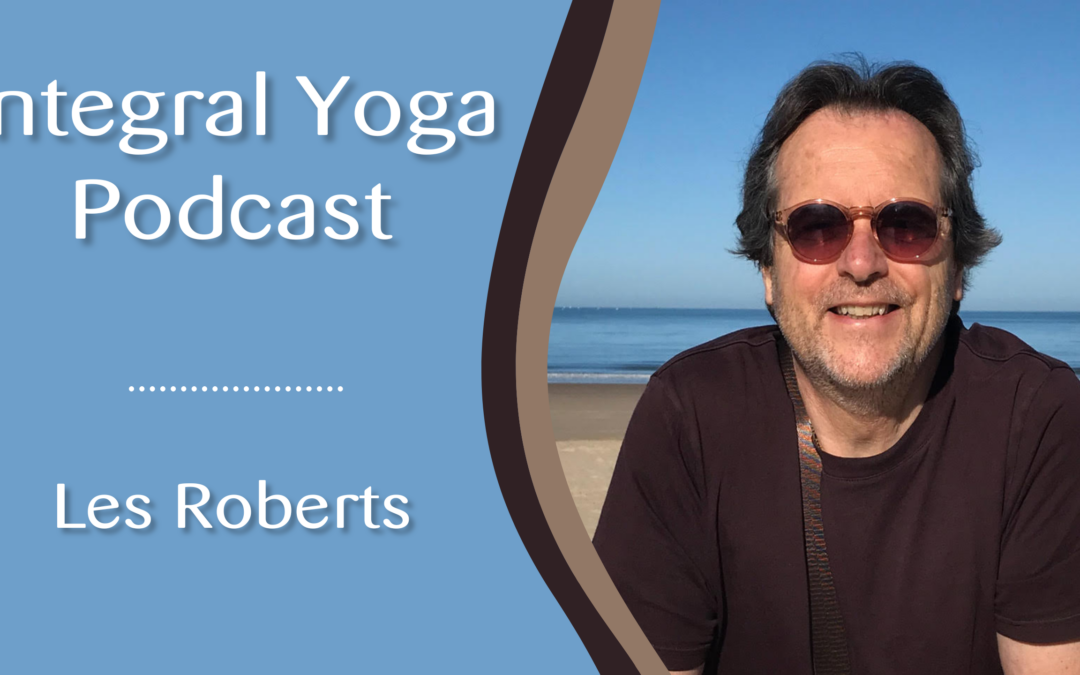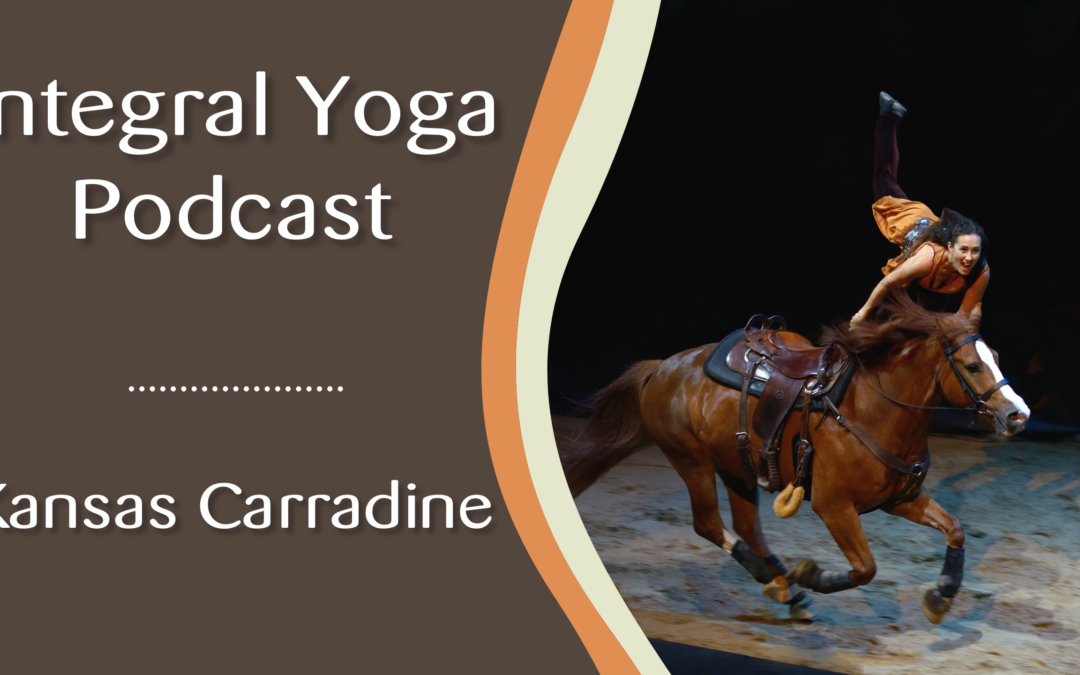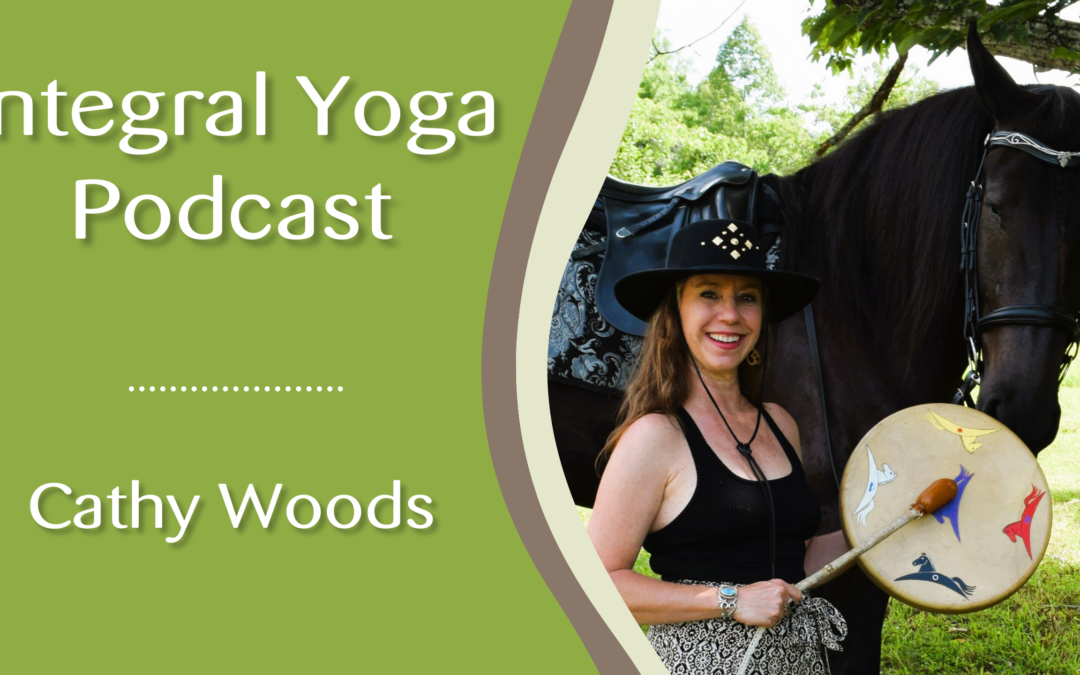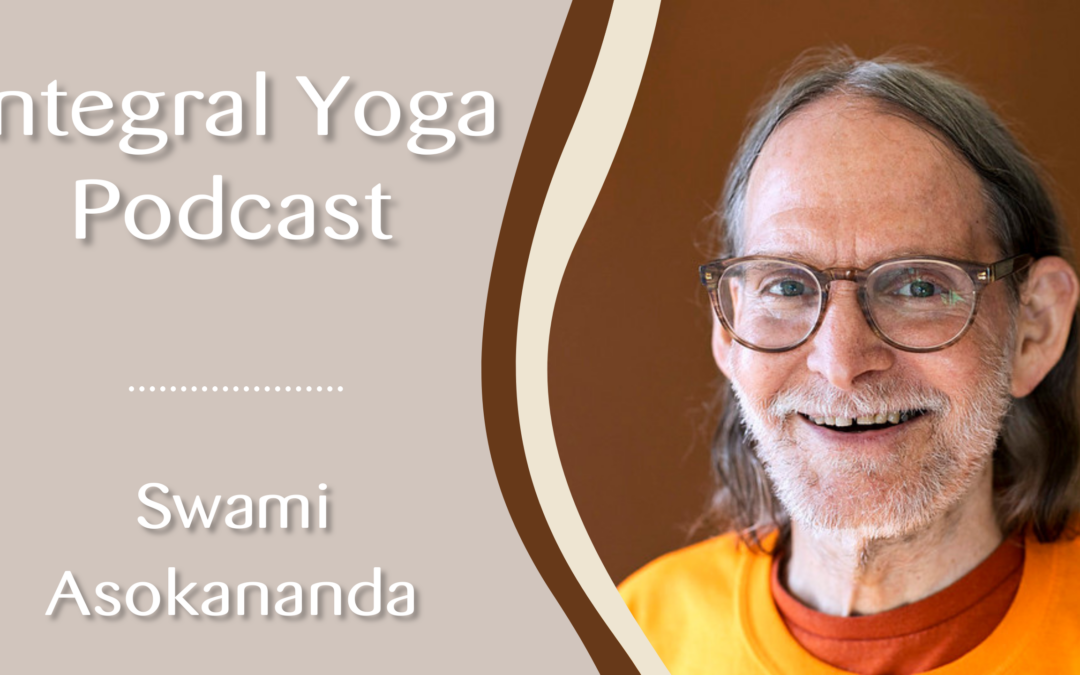Siva shares his unique insights on how peace is a profound state of consciousness connected with the awe and beauty of creation, and how this state can be achieved through creativity and spiritual practices. From his childhood experiences of imaginative play to his lifelong engagement with music and art, Siva reveals how these activities foster inner harmony and a connection with the universe. Learn about the challenges posed by materialistic illusions, the importance of non-violence and compassion, and the role of nature in maintaining balance. This episode is a must-watch for anyone seeking deeper understanding and practical wisdom on cultivating peace and well-being in their lives. — Stephen (Siva) Longfellow Fiske Born into a musical and artistic family in New York City, Stephen was a natural in singing and acting, and performed in school plays and musicals from elementary school through college. He wrote poems and songs in his head and on paper before becoming a self-taught guitarist at the High School of Music and Art during the folk music era of the 60’s. After attending Civil Rights Marches in New York City, Stephen travelled to Washington DC in August, 1963, to take part in the Great March on Washington where Martin Luther King Jr. gave the “I Have A Dream” Speech which greatly impacted Stephen towards his peace and justice activism. Greatly influenced by the songs of freedom and equality and the call for social justice of the Civil Rights Movement, Stephen developed his own unique folk music style, and while in college, did his first public performances in the Greenwich Village coffee houses, such as Gerde’s Folk City and the Bitter End. After college, he travelled to San Francisco where he became the lead singer and writer with an acid-rock band, “The Bycycle.” The Bycycle became booked by a major agency and performed with such acts as Crosby, Stills, Nash, and Young, Taj Mahal, Canned Heat, and Jimi Hendrix. When the band broke up, Stephen began his solo career and over the years has written hundreds of songs and produced a dozen albums of his music. He has performed widely across the U.S. and overseas, has sung and done voice-overs on commercials, and his music has been in films and video soundtracks. An award-winning songwriter, his songs have been covered by such well known artists as Jose Feliciano and Luther Vandross. Stephen has been primarily an independent artist selling his products directly to his audiences and keeping a contact list. He is an engaging performer who loves to interact with his audiences and encourages people to sing-along. Accompanying himself on acoustic guitar, he is a peace and environmental activist whose timely message in song, stories, and poetry.

Why Simplicity Brings Inner Peace | #126 with Les Roberts
This conversation explores the importance of simplicity and authenticity in spiritual practice, emphasizing the value of honoring diverse paths while staying true to one’s own. It touches on balancing technology with awareness, fostering meaningful dialogue across...






